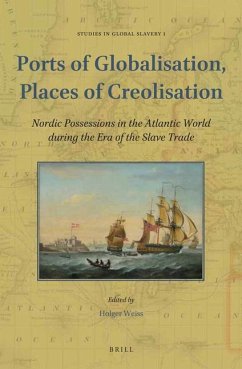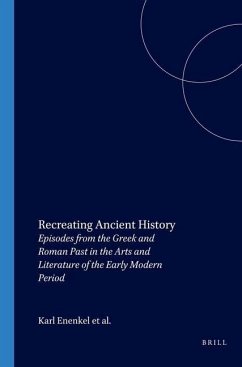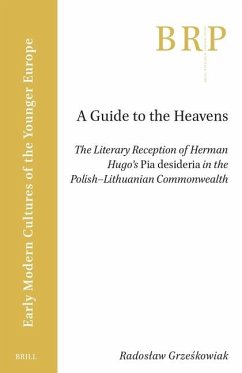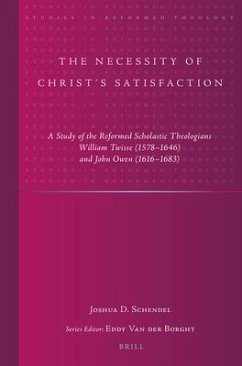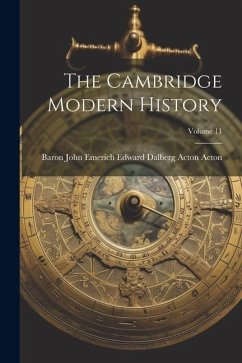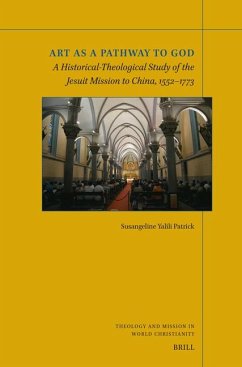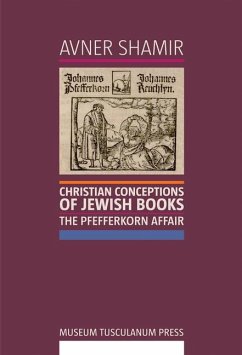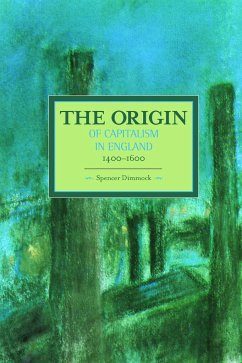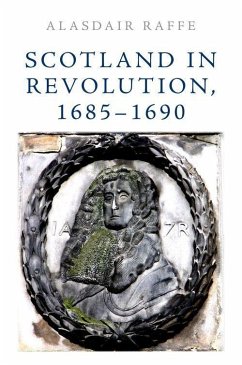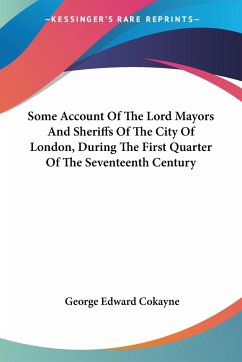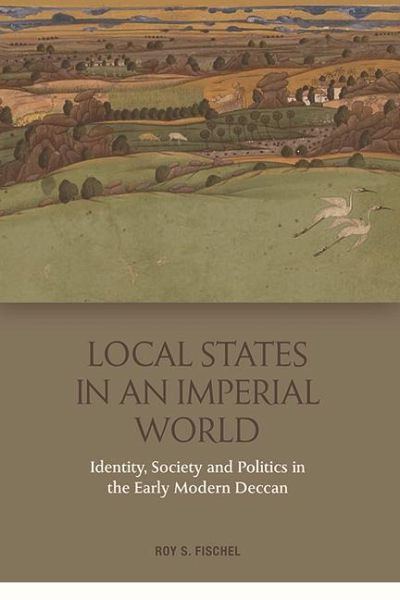
Local States in an Imperial World
Identity, Society and Politics in the Early Modern Deccan
Versandkostenfrei!
Versandfertig in über 4 Wochen
36,99 €
inkl. MwSt.

PAYBACK Punkte
18 °P sammeln!
'In this important book, Fischel brings us a compelling new perspective on the politics and culture of early modern India. Combining a broad sweep with careful attention to local circumstance, he brings central India's Deccan states centre-stage. He demonstrates how their history reveals plural and flexible forms of the state, and a language of vernacular politics, differing significantly from the imperial models that have long dominated our understanding of this era.' Polly O'Hanlon, Oriental Institute, University of Oxford Explores the concept of the non-imperial state, taking a spatial appr...
'In this important book, Fischel brings us a compelling new perspective on the politics and culture of early modern India. Combining a broad sweep with careful attention to local circumstance, he brings central India's Deccan states centre-stage. He demonstrates how their history reveals plural and flexible forms of the state, and a language of vernacular politics, differing significantly from the imperial models that have long dominated our understanding of this era.' Polly O'Hanlon, Oriental Institute, University of Oxford Explores the concept of the non-imperial state, taking a spatial approach to early modern political identities Focusing on the Deccan Sultanates of 16th- and 17th-century central India, Local States in an Imperial World promotes the idea that some polities of the time were not aspiring to be empires. Instead of the universalist and hierarchical vision typical of the language of empire, the sultanates presented another brand of state - one that prefers negotiation, flexibility and plurality of languages, religions and cultures. Building on theories of early modernity, empire, cosmopolitanism and vernaculars, Roy Fischel considers the components that shaped state and society: people, identities and idioms. He presents a frame for understanding the Deccan Sultanates as a rare case of the early modern non-imperial state, shedding light both on the region and on the imperial world surrounding it. Key Features - Develops the concept of the non-imperial early modern state, adding a new perspective to the ongoing debate of the early modern world and empire - Examines the political idiom of the sultanates as a unique case within the field of Persian studies - Case studies include: the structure of Iranian migrant society in the Deccan; the construction of political language in Bijapur; the development of the early Maratha State within, and in relation to, the sultanate system; and the different uses of Indian vernaculars in Muslim states Roy S. Fischel is a Lecturer in the History of South Asia at SOAS, University of London.



